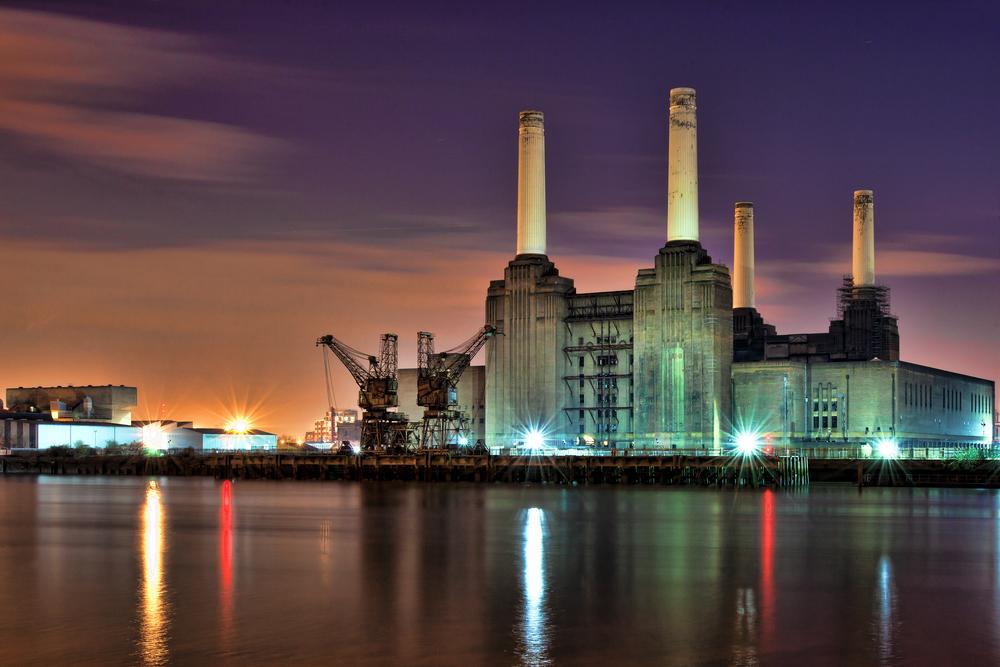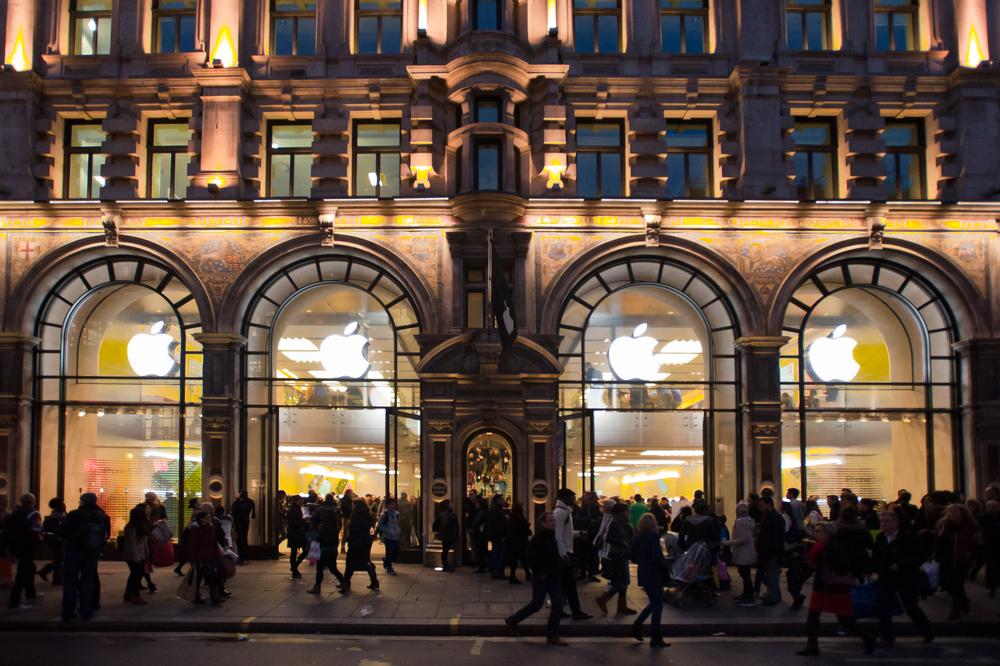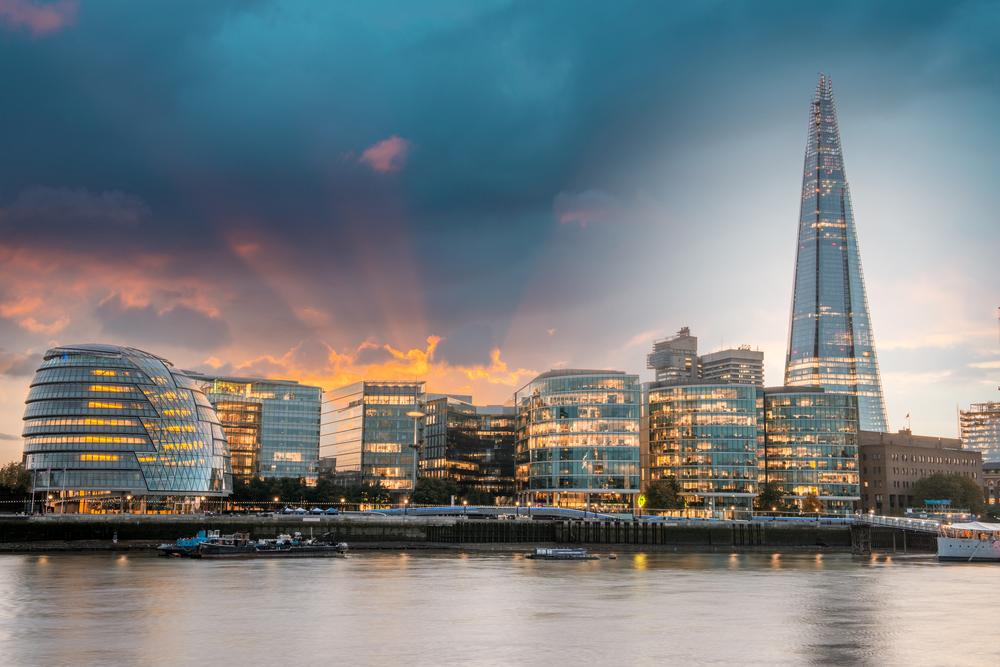The Californian born tech giant Apple is to move its London HQ to Battersea Power Station by 2021.
Apple plans to move 1,400 staff into the power station, occupying 500,000 sq ft. The move signals a renewed commitment to operations in London and expanding its UK presence. Currently Apple have seven other offices across London, the largest of which is in Hanover Street, Mayfair.

In a statement to The Evening Standard Apple said of the move, “This is a great opportunity to have our entire team working and collaborating in one location while supporting the renovation of a neighbourhood rich with history.”
Battersea Power Station stopped producing energy in 1985 and had been since left abandoned. Previous re-generation proposals include transforming the space into a theme-park or, alternatively, a new stadium for Chelsea FC.
Renovations of the Grade II Listed Building are currently underway. Aside from Apple, the space is also to include various other office and retail spaces, as well as a Northern line extension and a new power station terminal, which is expected to be completed by 2020.
The chief executive of Battersea Power Station Development Company, Rob Tincknell, said: “It is a testament to not only the fantastic building but the wider regeneration of the 42-acre site, which offers a carefully curated mix of homes, businesses and leisure amid extraordinary open spaces and new transport links.”
The announcement has been received warmly by UK politicians who have welcomed the development. London’s mayor Sadiq Khan said Apple’s decision was “a further sign that London is open to the biggest brands in the world”. Chancellor Phillip Hammond reiterated Sadiq Khan’s sentiment, labelling the move “another vote of confidence in the UK economy”.
Apple continues to dominate the global technology market, having opened a total of 453 retail stores in 16 countries. The recent launch of the iPhone 7 has proved a resounding success, with sale numbers already surpassing initial market expectations.




